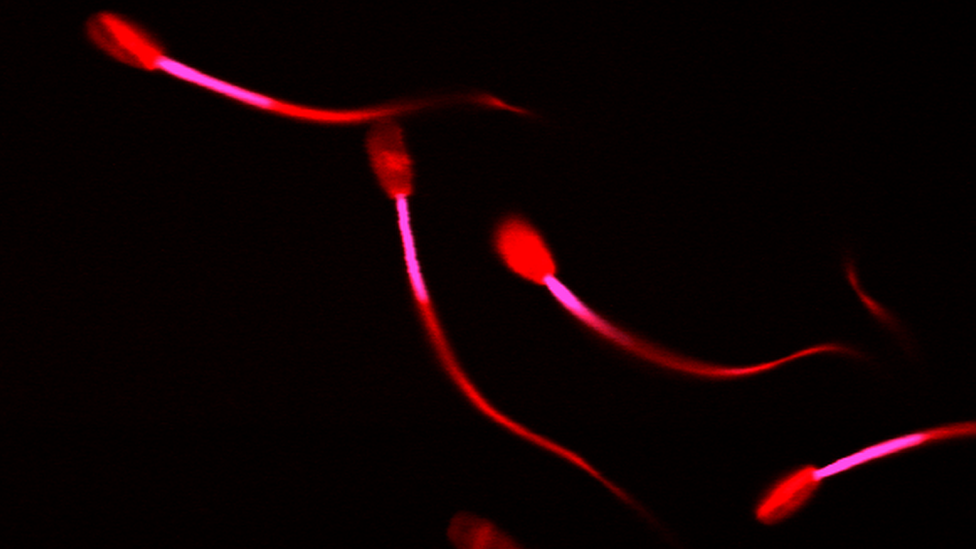Contraception: Which is most effective?
- Published
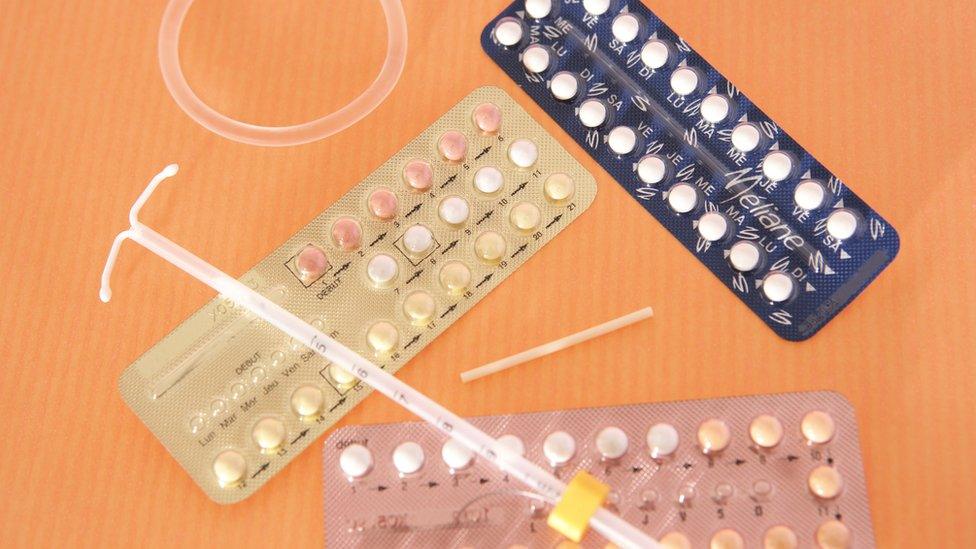
Deciding on the right contraception for you isn't easy, especially when there are so many to choose from.
There are 15 methods of contraception available on the NHS, but no contraceptive is 100% reliable.
The UK's Advertising Standards Authority has banned a Facebook advert for the Natural Cycles app after finding its claims to be misleading.
The app is described as "highly accurate" and "clinically tested", but the firm behind it was warned about "exaggerating" its effectiveness.
While some contraceptives are more than 99% effective, some are as low as 71%.
Contraception compared
The effectiveness of your contraception is dependant on the type you use and whether you use it correctly.
The NHS advises that you follow the instructions and use your contraception carefully for it to be as effective as possible.
Natural family planning
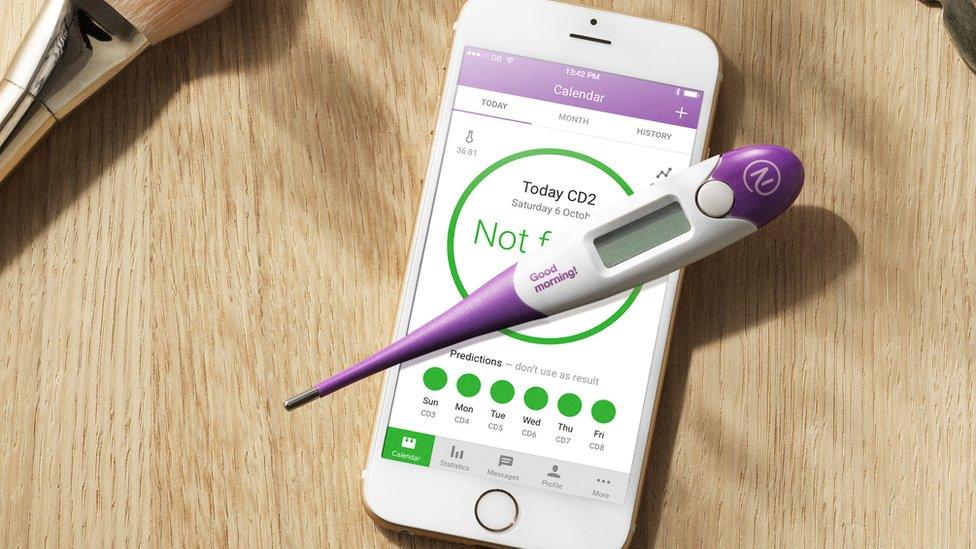
The Natural Cycles app claims to detect ovulation and fertility
Natural family planning or "fertility awareness" is the process of monitoring the different fertility signals during the menstrual cycle to predict when you're most likely to get pregnant.
If followed precisely it can be up to 99% effective, but "typical use" puts it at around 76% effective (the way it's realistically taken by most women).
There are no physical side effects, but this method is less effective if the instructions aren't followed carefully.
Fertility awareness is the basis for many natural contraceptive smart phone apps, such as Natural Cycles, which has a typical use effectiveness of 93%.
Condoms
There are two types of condoms: male condoms (worn on the penis) and female condoms (worn inside the vagina).
Condoms are the only type of contraception that can protect against STIs and prevent pregnancy.
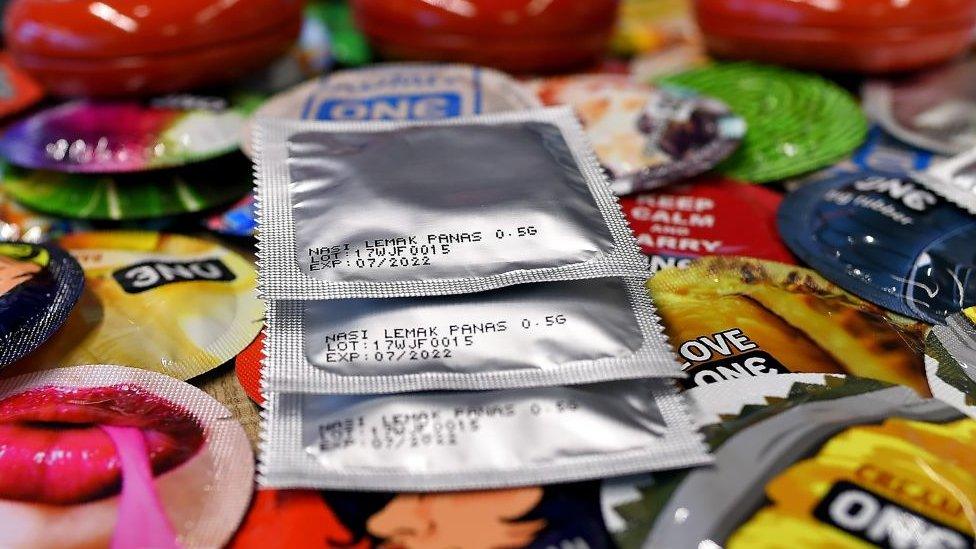
Male condoms are 98% effective and made from very thin latex, polyisoprene or polyurethane.
There are several factors that can make male condoms less effective, such as oil-based lubricants (which can damage latex and polyisoprene condoms), the condom splitting or medication for conditions like thrush, such as creams.
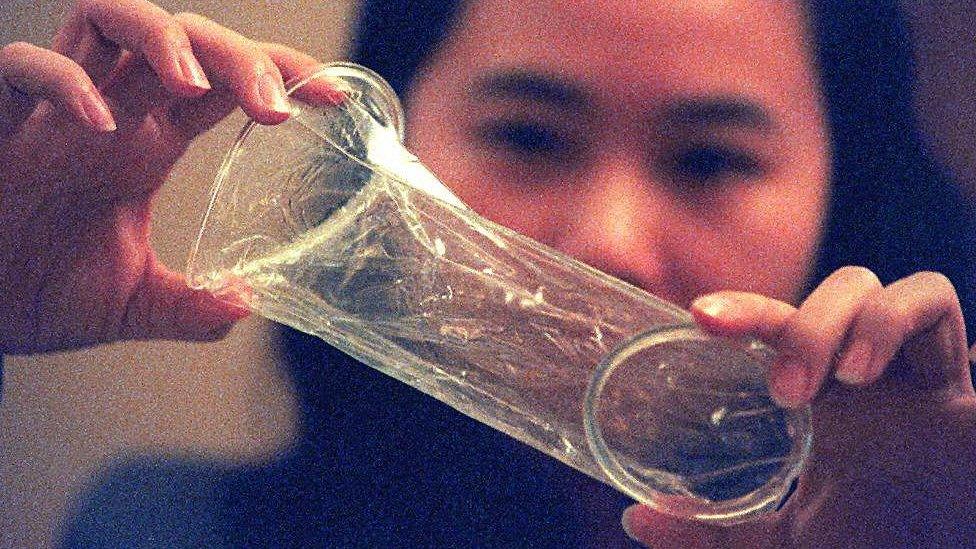
Female condoms are 95% effective and are placed inside the vagina.
They're less effective if they tear or if the penis accidentally enters between the side of the vagina and the condom.
The pill
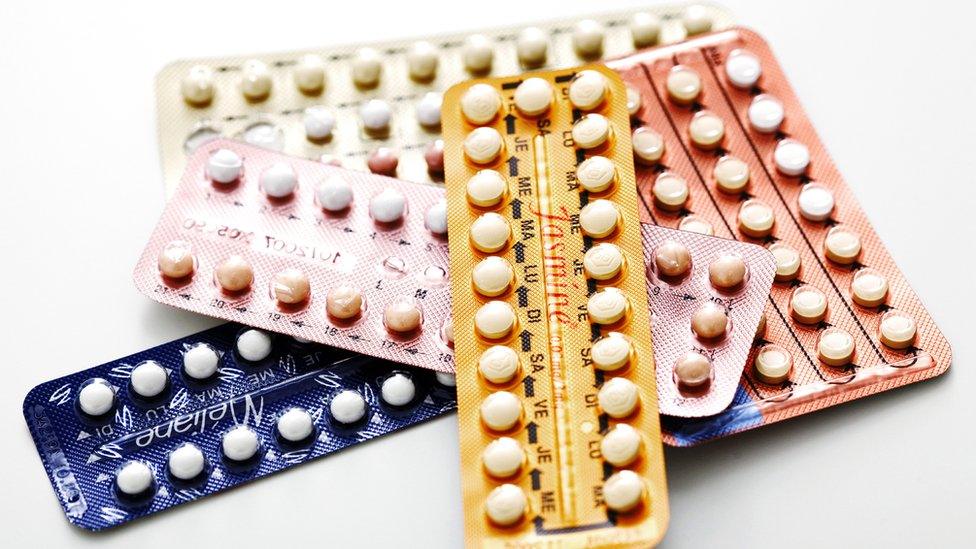
The combined pill is more than 99% effective when taken correctly, but it's around 91% effective based on "typical use".
The most common way to take the combined pill is to take one tablet at the same time every day for 21 days, then to stop for seven days for a period-type bleed.
There's a risk of pregnancy if you don't take the pill at the same time, if you miss a pill, or if you have severe diarrhoea or vomiting.
The antibiotics rifampicin and rifabutin can also cause the pill not to work properly.
The progeston-only pill is more than 99% effective if taken correctly and should be taken every day with no break.
It's 92% effective based on "typical use" and doesn't contain the oestrogen hormone.
Contraceptive injection
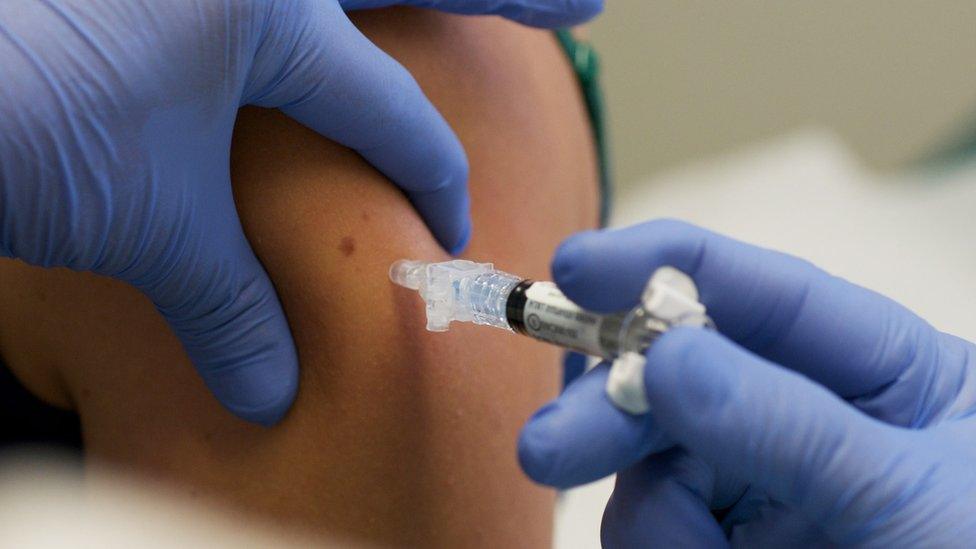
The injection is more than 99% effective and lasts for eight to 13 weeks depending on the one you get.
It's around 94% effective based on typical use.
The injection is not affected by other medicines but it can cause your periods to become more irregular or stop altogether.
It can take up to a year for your fertility to return to normal after you stop getting the injection.
Contraceptive patch

The patch is more than 99% effective if it's used perfectly and around 91% effective if it's used typically.
It releases hormones into your body to prevent pregnancy and lasts for one week.
You change the patch weekly for three weeks and then have a week off.
Vaginal ring
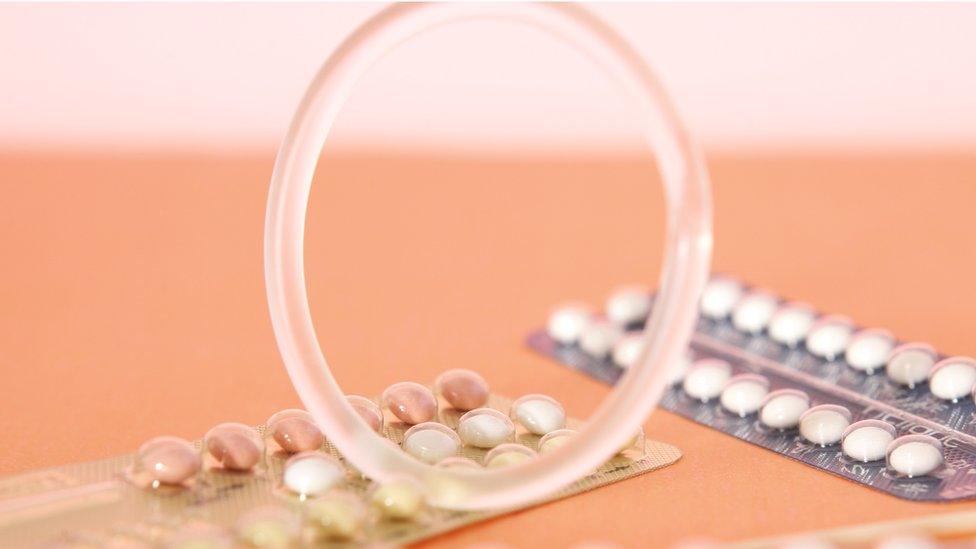
Like the patch, the vaginal ring (or NuvaRing) is more than 99% effective if used perfectly, and typical use puts it at around 91% effective.
It's placed inside the vagina and releases hormones into the bloodstream, providing contraception for a month.
You can still have sex with the ring and it still works if you have vomiting or diarrhoea, but you have to remember to change it monthly.
Contraceptive implant
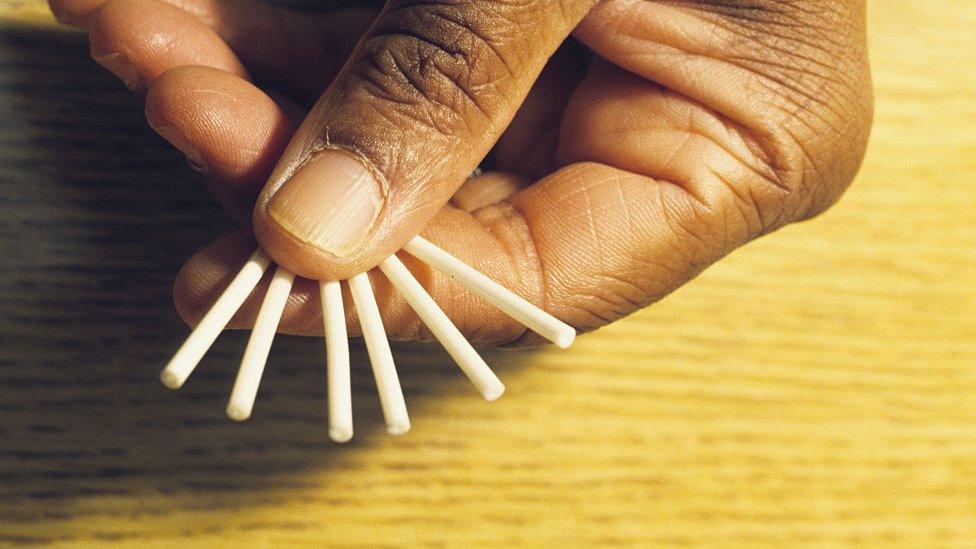
The implant is more than 99% effective with "perfect use" and works for three years.
It's a small plastic rod that's placed under the skin in your arm and releases hormones into your bloodstream.
Some medications, such as certain antibiotics and medicines for HIV and epilepsy, may make the implant less effective.
Intrauterine system (IUS)
The IUS is more than 99% effective and normally works three to five years depending on the type.
It's a small, T-shaped device that's put into your womb and releases the hormone progestogen.
The NHS describes the IUS as "one of the most effective forms of contraception available in the UK", but says there's a small risk of getting an infection once it's fitted.
Intrauterine device (IUD)
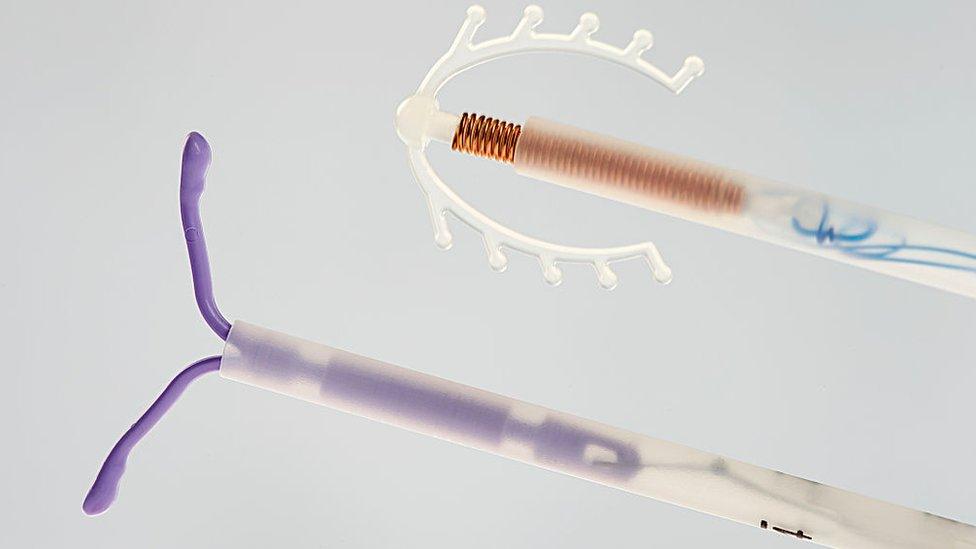
The IUD (or the "coil") is more than 99% effective and can stay in for five to 10 years depending on which one you use.
It's similar to the IUS except it's a plastic and copper device that's inserted into the womb and releases copper to prevent pregnancy.
There's a small risk that your body may push out the IUD and it may not be suitable if you've had previous pelvic infections.
Diaphragms and caps
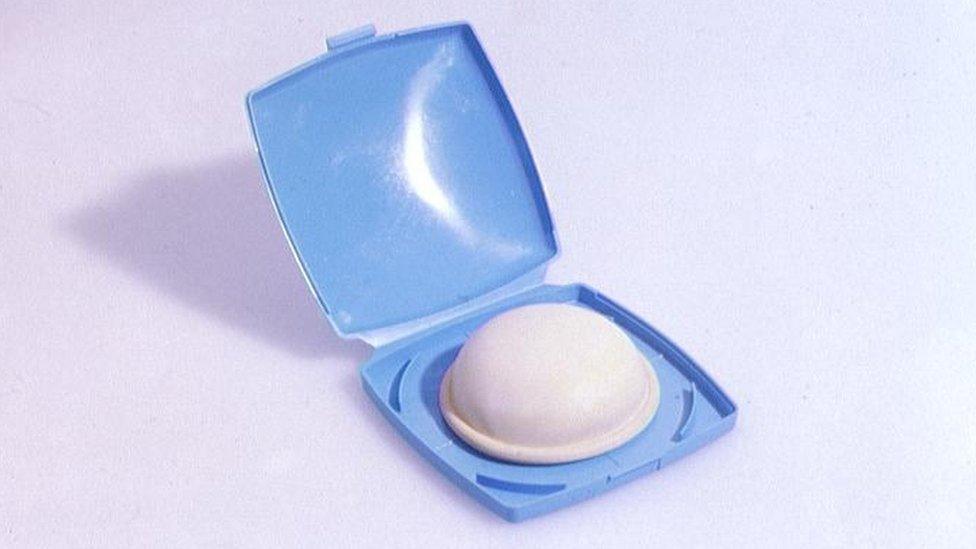
If used perfectly with spermicide a diaphragm or cap is 92-96% effective.
"Typical use" puts it at around 71-88% effective, meaning it's not as effective as other types of contraception.
A diaphragm or cap is made of silicone and inserted into the vagina before sex.
It needs to be left in for at least six hours after sex and depends on you remembering to use and remove it correctly.



Follow Newsbeat on Instagram, external, Facebook, external and Twitter, external.
Listen to Newsbeat live at 12:45 and 17:45 every weekday on BBC Radio 1 and 1Xtra - if you miss us you can listen back here.
- Published29 August 2018

- Published7 August 2018

- Published22 November 2016
